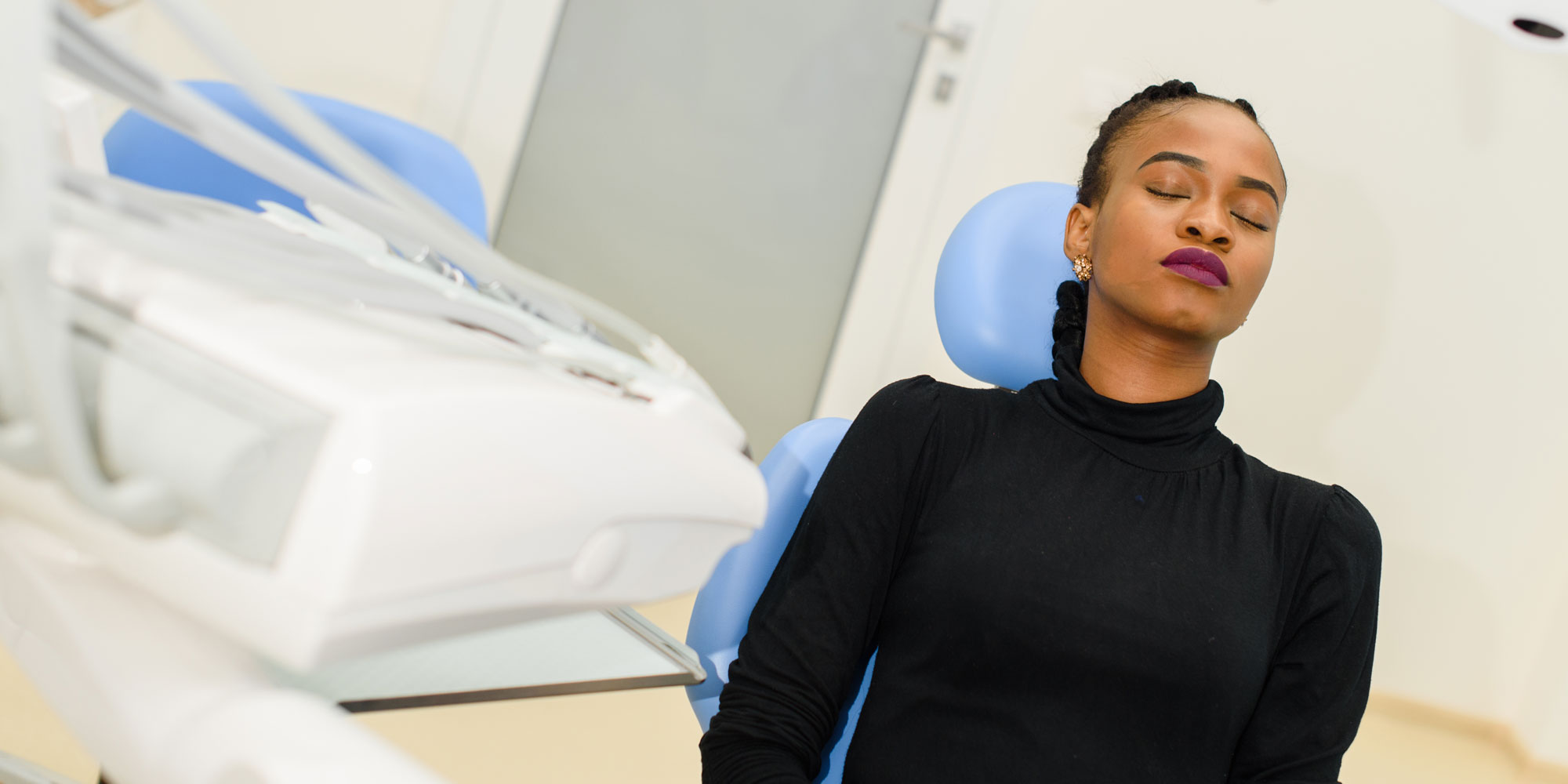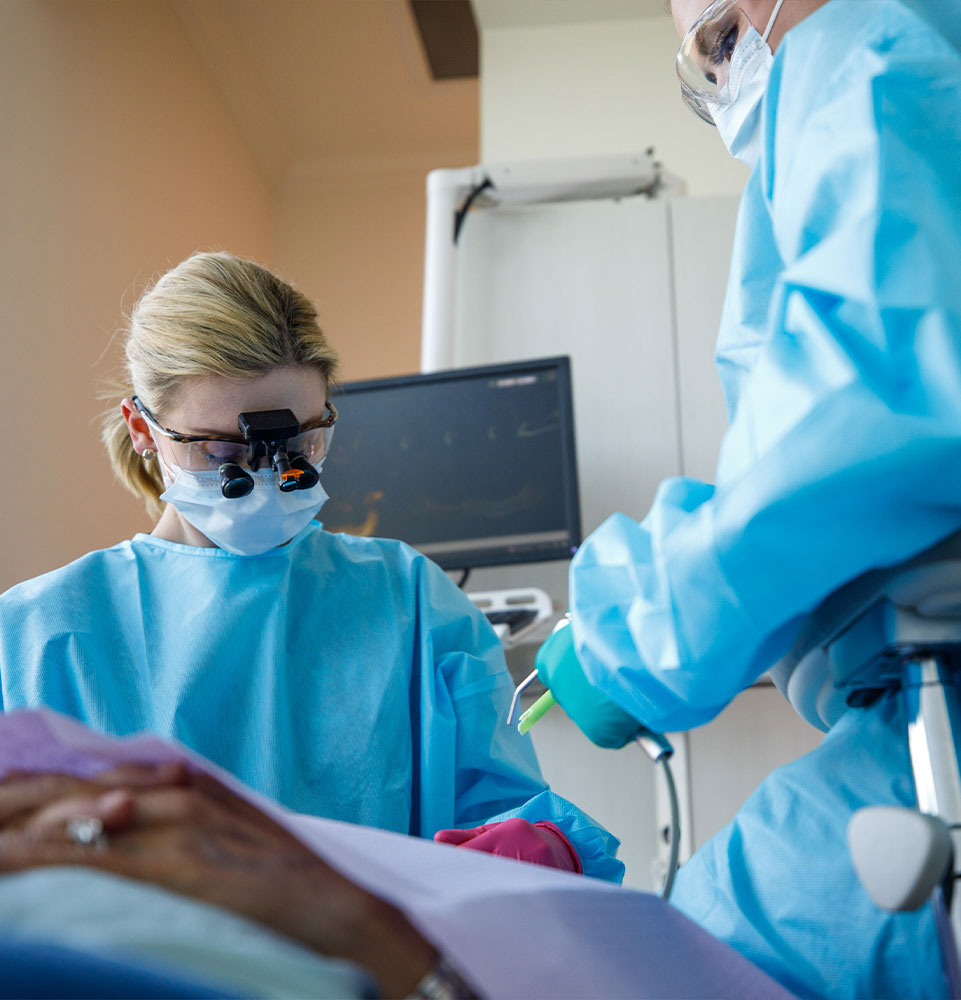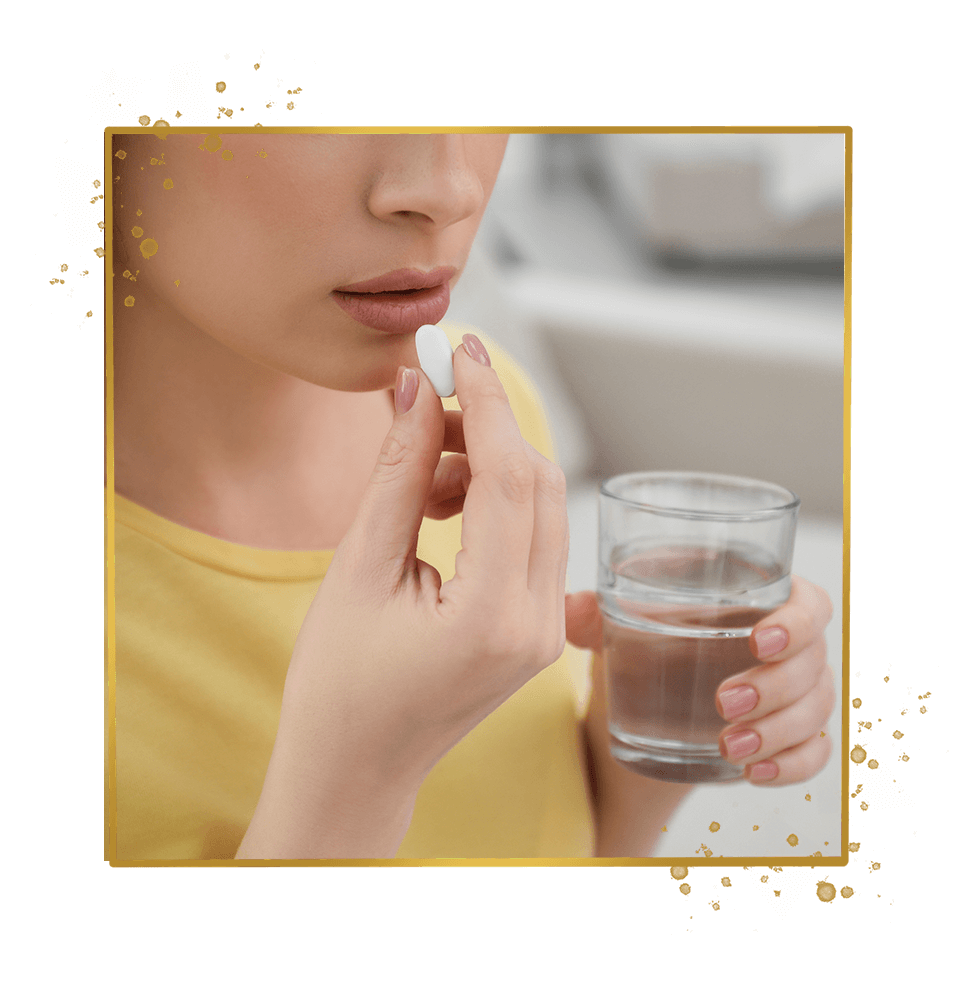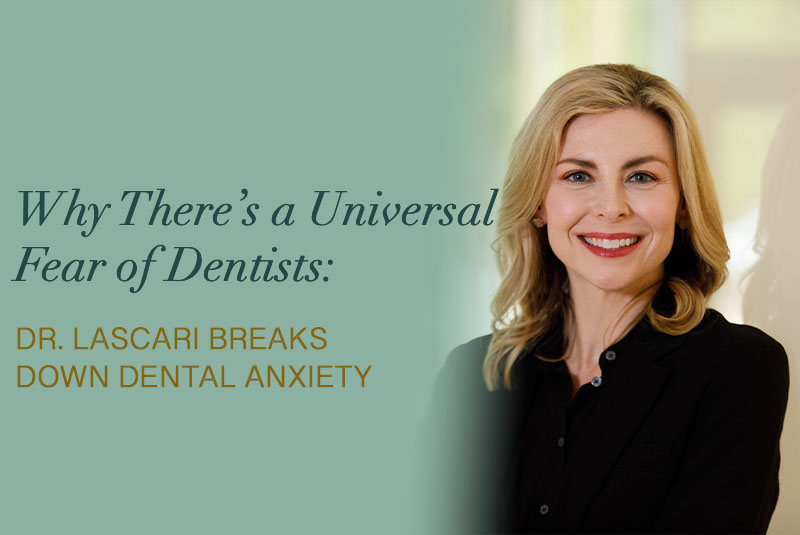
Are dental fears or anxieties keeping you from attending appointments or seeking necessary dental care? At Cornerstone Dentistry, we understand the challenges many face regarding dental visits. Our experienced team has successfully helped patients overcome such hesitations, empowering them to prioritize their oral health confidently. In Covington, LA, we proudly offer sedation dentistry to ensure a comfortable experience for every visit, whether for comprehensive cosmetic dentistry procedures or complex treatments like full mouth dental implant surgery.
Our commitment to your comfort extends throughout every aspect of our practice, from our comfortable atmosphere and welcoming team to our relaxing dental anesthesia options. You can trust us to make your next appointment a comfortable and stress-free experience, fostering a positive outlook on your dental treatment!


At Cornerstone Dentistry, we understand that dental anxiety can be a barrier to receiving essential care, so we offer oral sedation to help you feel more comfortable and relaxed during your visits. This sedation dentistry method can be taken before you come to our office or during your visit, allowing you to take charge of your care and comfort.
With oral sedation dentistry, you can experience a sense of calmness and relaxation while receiving the dental treatment you need. However, it’s recommended that a friend or family member drive you home after your appointment, ensuring your safety and well-being. Our goal is to provide you with a stress-free dental experience, and oral sedation dentistry is just one of the ways we achieve this.
Neglecting dental visits can seriously affect your oral and overall health, impacting your quality of life. Avoiding professional dental care increases the risk of tooth decay, gum disease, and tooth loss, leading to various oral health issues. Untreated gum disease, a common cause of tooth loss in adults, is also linked to an elevated risk of heart disease, diabetes, chronic respiratory disease, and dementia. We prioritize your health and happiness; dental anxiety should never compromise them.
Sedation dentistry offers a painless solution that can make the difference between enjoying a beautiful, healthy smile and enduring the preventable and often painful consequences of neglecting dental care. We understand your apprehension about visiting the dentist, and our team is dedicated to creating a welcoming and relaxing experience. Explore the option of dental anesthesia with our team and receive life-changing care comfortably!
